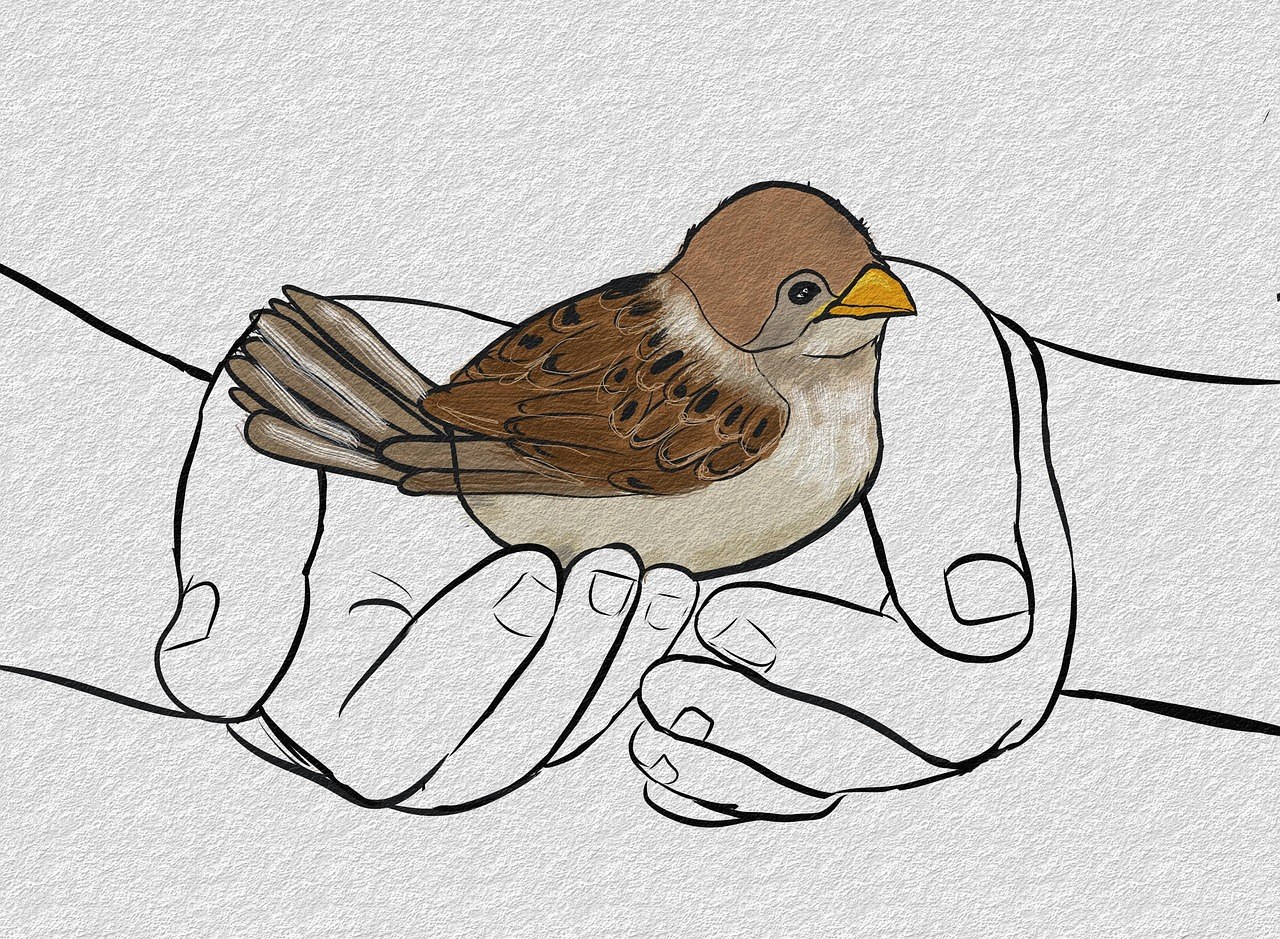Love rarely thrives on autopilot – it flourishes when two people show up with attention, kindness, and a willingness to grow. If you’ve ever caught yourself keeping a running list of what your partner does wrong, pause and turn the mirror around. Becoming a good partner is less about policing someone else and more about refining your own daily choices. This article reimagines familiar relationship wisdom into clear, practical guidance so you can nurture connection, dial down friction, and keep the spark alive without guesswork.
What “better” really means
Commitment isn’t a free pass to coast. Early romance often makes effort effortless – you naturally put your best foot forward. Over time, routines settle in, and it’s tempting to stop watering what you’ve planted. Becoming a good partner means choosing intentional effort even when the novelty fades. It’s a mindset of self-reflection: What am I doing that helps us? What gets in the way? Where can I adjust so we both feel safe, seen, and valued?
That mindset rejects perfectionism. You won’t do this flawlessly; nobody does. But you can embrace small, repeatable behaviors that add up to something steady and strong. Each moment you reach for patience instead of criticism or curiosity instead of defensiveness, you are practicing what it means to be a good partner.

Why showing up can feel hard
Many people struggle to act like a good partner consistently – not because they’re uncaring, but because certain patterns get in the way. Recognizing them is half the work.
Common obstacles that sabotage connection
Everyday selfishness. The human default often prioritizes “me” over “we.” In a relationship, that habit accumulates tiny resentments. Sharing time, energy, and spotlight is part of being a good partner, and that balance takes practice.
Gaps in know-how. Most of us weren’t taught communication skills or conflict tools in school. Without a model, we learn by trial and error – and the “error” part can sting. Awareness opens the door to better choices a good partner can make on purpose.

Unhelpful role models. If home felt like shouting, stonewalling, or icy distance, those scripts can sneak into adulthood. You can choose to write new lines – the kind a good partner relies on when emotions run hot.
Low empathy. Empathy is the muscle that lets you feel with someone, not just for them. When it’s weak, misunderstandings multiply. Strengthening empathy helps you respond like a good partner rather than react from wounded pride.
Core qualities to build on
Before tactics, foundations. A healthy bond rests on qualities you can grow deliberately – the raw material of a good partner in everyday life.

Openness
Intimacy needs access. Share fears, hopes, and the little observations that knit days together. Vulnerability is not oversharing; it’s selective truth-telling in service of trust. The more you practice this, the more you live as a good partner who invites closeness rather than demanding it.
Honesty
Trust collapses when facts wobble. Honesty isn’t a license to be harsh – it’s clarity with care. You keep promises, tell the truth, and repair misses quickly. That steadiness is how a good partner becomes the person their lover can count on.
Respect
Respect shows up in tone, timing, and touch. No name-calling, no contempt, no threats – even when you’re upset. You disagree without demeaning. By protecting dignity on both sides, you behave like a good partner when it matters most.
Empathy
Swap judgment for curiosity. Ask “How does this feel from their side?” Paraphrase what you hear to confirm understanding. Validating feelings – even when you disagree on facts – is a daily way a good partner keeps conflict from becoming combat.
Affection
Warmth is glue. Hold hands, hug, cuddle on the couch, and create micro-moments of touch and tenderness. Affection doesn’t demand grand gestures; it needs regularity. A good partner learns their person’s comfort zone and speaks love in that language.
Communication
Effective communication is calm, specific, and forward-looking. You listen to understand, not to reload. You state needs without blame and negotiate solutions you can both live with. That stance is the heartbeat of a good partner in conflict and in calm.
Patience
Change is slow and people are quirky. Expecting instant transformation guarantees disappointment. Patience allows growth to take root – and it’s a hallmark of a good partner who chooses progress over perfection.
Practical rules you can live by
Turn ideals into action with habits that protect connection in real time. Use these guidelines as daily calibration – small course corrections that keep you moving together.
Be angry, not cruel. Name what hurt and why, then stop short of insults, threats, or history lessons. You can hold boundaries without breaking hearts – that’s the difference a good partner makes when emotions surge.
Choose peace over victory. Winning an argument can lose the evening. If the point is minor, let it go. A good partner values harmony more than being “right.”
Grow together on purpose. People change; plan for it. Compare notes on evolving goals and adjust as a team. A good partner treats change as a shared project, not a private betrayal.
Ditch perfectionism. Expecting flawlessness invites shame and secrecy. A good partner embraces accountability without humiliation.
Honor their circle. Friends and family existed before you. Be gracious and supportive; don’t force loyalty tests. A good partner knows love expands, it doesn’t compete.
Balance “me” and “we.” You don’t have to be selfless – you do need to care. Offer flexibility when it counts. A good partner reads the moment and adjusts.
Drop the entitlement. Expectations masquerade as demands. Ask for what you want, collaborate on roles, and appreciate contributions. That humility signals a good partner mindset.
Show up in storms and sunshine. Celebrate wins loudly; comfort losses quietly. Reliability during hard days is one of the clearest ways to act like a good partner.
Keep daily touch alive. Don’t let a day pass without a kiss, a cuddle, or a lingering look. Rituals of closeness are how a good partner keeps warmth on.
Lead the romance you want. If you crave candlelight, light the candle. Modeling romance often invites reciprocity. A good partner initiates rather than stews in silence.
Take a time-out when heated. If voices rise and kindness drops, step back. Reset your nervous system and return ready to solve. That pause is a tool a good partner uses to protect the “us.”
Boost their mood when they’re low. Your rough day matters, but triage the worst fire first. When they’re struggling, elevate them. This reflex marks a good partner in the trenches.
Make time non-negotiable. Prioritize presence. Plan dates, defend them, and reschedule when life intrudes. A good partner treats quality time as core maintenance.
Be loyal in thought and deed. Faithfulness is more than avoiding affairs; it’s refusing to let grievances grow in the dark. Speak up, work it through, or part respectfully. A good partner doesn’t outsource intimacy.
Keep the spark inventive. Desire evolves. Share fantasies, try new experiences, and laugh through the awkward bits. A good partner treats passion as a living conversation.
Appreciate out loud. Don’t assume your gratitude is understood – say it, show it, repeat it. Visible thank-yous are a daily practice for a good partner.
Offer one small kindness each day. Brew their coffee, rub their shoulders, warm the car – simple gestures matter. Consistency is how a good partner writes “I love you” between the lines.
Put the phone away when they speak. Eye contact is modern romance. Undivided attention tells them they matter. A good partner chooses presence over pings.
Invest in self-growth. Therapy, journaling, hobbies – whatever helps you mature will overflow into the relationship. A good partner works on the self that shows up at home.
Stay open-minded. Different backgrounds produce different defaults. Be curious about theirs. A good partner doesn’t confuse “unfamiliar” with “wrong.”
Own your mistakes. No dodging, no deflecting. Apologize, repair, and adjust the behavior. Accountability is a core promise a good partner keeps.
Respond instead of react. Take a breath, name your feeling, then share needs clearly. Choosing response over reactivity is the everyday discipline of a good partner.
Champion their passions. You don’t have to love painting or wrestling – love the smile it brings them. Ask about it, show up for it. That support is how a good partner roots for the whole person.
Practice patience – with both of you. Growth is lumpy and nonlinear. Offer grace. A good partner measures progress, not perfection.
Accept who they are. Influence is not control. You can invite change, but identity is theirs to steer. Acceptance is a quiet strength of a good partner.
Listen like it matters. Reflect back what you heard before replying. Ask follow-ups. Listening is the simplest, rarest gift a good partner can give.
How to put this into motion
Reading rules won’t change much without practice. Pick a handful to focus on this week and revisit the rest later. For example, you might choose three: “Be angry, not cruel,” “Make time non-negotiable,” and “Respond instead of react.” Tell your partner what you’re working on so they can see and feel the shift. That transparency itself signals that you’re serious about showing up as a good partner.
Notice where you struggle most. If you find yourself keeping score, practice appreciation. If you habitually withdraw, schedule conversations when you’re calm – and keep them brief at first. If you react quickly, add a simple ritual: pause, breathe, label what you feel, then speak. Each micro-adjustment is proof you’re choosing to be a good partner in the moments that count.
Repair as a daily habit
Mistakes will happen. What restores safety is repair – acknowledging the miss, apologizing without excuses, and committing to a concrete change. A heartfelt repair shrinks the gap and makes you more trustworthy over time. That reliability is one of the quiet ways a good partner strengthens the bond after conflict.
Affection that fits both of you
Talk openly about what closeness looks like in your world: touch, words, quality time, acts of service, or shared fun. You don’t have to crave the same things equally, but you can learn to value what matters to the other. When preferences clash, rotate – sometimes your way, sometimes theirs. Flexibility is the rhythm of a good partner who wants both people to feel cherished.
Boundaries that protect the “us”
Healthy boundaries aren’t walls; they’re edges that keep love clear. Decide together how you handle privacy, social media, money conversations, and alone time. Share your limits before resentment builds. Respecting boundaries – yours and theirs – is non-negotiable for a good partner and prevents small snags from becoming large rips.
Keeping romance sustainable
Romance doesn’t have to be elaborate to be effective. Think repeatable gestures you can maintain: a weekly walk, cooking together, a shared playlist, notes tucked into a bag. The point isn’t spectacle; it’s continuity. When you design rituals you’ll actually keep, you’re proving – again and again – that you are committed to being a good partner in ordinary life.
Final reflections on showing up with love
No relationship is friction-free, and that’s okay. What matters is how you repair, how you return, and how consistently you act in ways that build trust. Keep the conversations open, keep the affection warm, and keep choosing behaviors that align with the person you want to be. Every time you take the extra breath, offer the kind word, or make the smallest effort, you’re reinforcing the simple truth: love grows when you practice being a good partner on purpose.